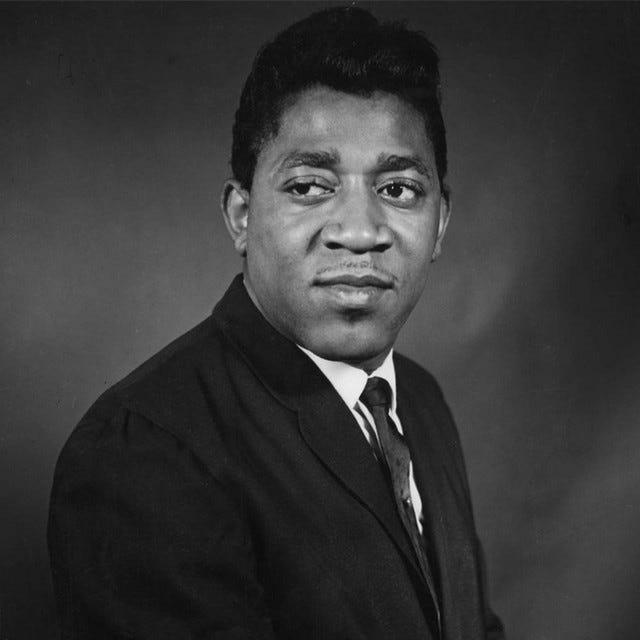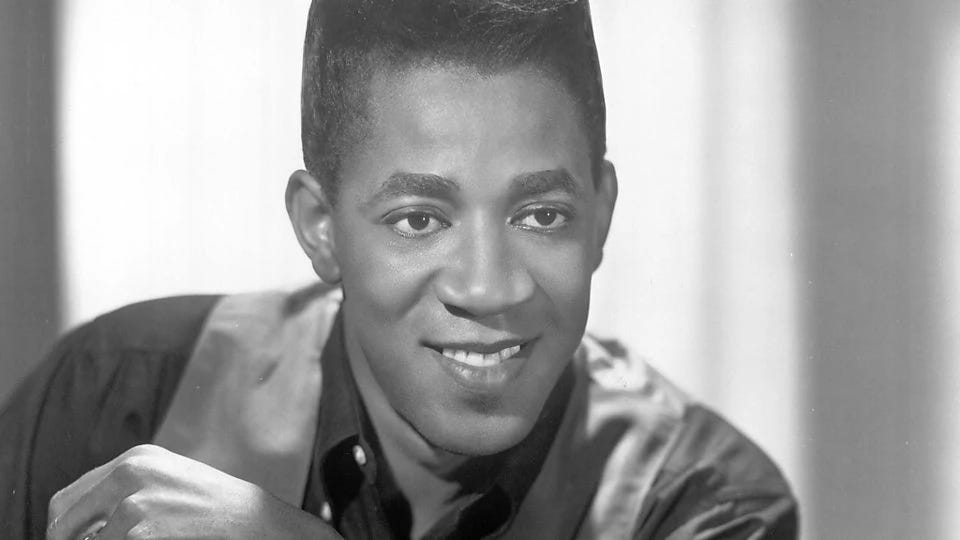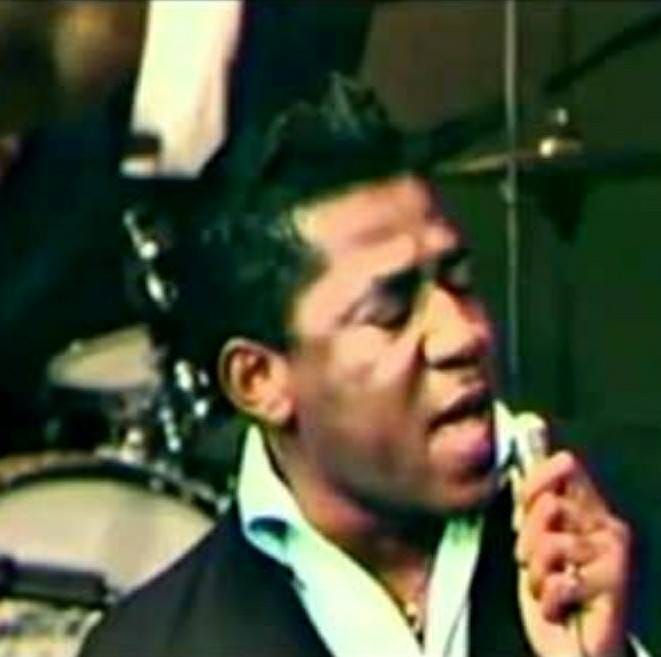James Carr (June 13, 1942 – January 7, 2001) – Freedom Train (1968)
This powerful liberation anthem was the great Southern soul singer Carr's first-ever message song, co-produced by Hi Records co-founder Quinton Claunch.
Watch full video on Twitter.
View most updated version of this post on Substack.
James Carr was a Southern soul singer with an outstanding voice who cracked the Top Ten on the R&B charts twice in the 1960s, before his career was hampered by bipolar disorder.
James Edward Carr was born in Mississippi but his family moved to Nashville, Tennessee when he was three. He sang in church and later performed with gospel groups while holding down a day job working on a furniture assembly line in Memphis. Carr auditioned for Stax in the early sixties but was turned down, at which point he signed a recording contract with Goldwax Records. Goldwax was a smaller independent Memphis label, co-founded in 1964 by songwriters/producers Quinton Claunch and his partner Rudolph V. "Doc" Russell. Claunch had previously co-founded Hi Records in 1957.
Years later, Claunch recalled how he first met Carr:
“About midnight one night, there came a knock on my door. I opened the door and there stood three Black guys. Roosevelt Jamison, James Carr and O.V. Wright. Said, 'Man, we got some tapes we'd like for you to hear.' They didn't make an appointment or nothing, they just knocked on my door. They had their little tape recorder, portable, and I said come on in, and we sat right down in the middle of my living room floor and man, we started playing those dang tapes of O.V. Wright and James Carr, and I really got hooked then.”
In 1967, his soul classic “At The Dark End of the Street” was released on Goldwax. It was co-written in the summer of 1966 when a DJ convention was happening in Memphis. Songwriters Dan Penn and Chips Moman took a break from cheating at cards and decided to write what Penn called the “best cheatin’ song. Ever.” They went to Claunch’s hotel room, who told them, “Boys, you can use my room on one condition, which is that you give me that song for James Carr. They said I had a deal, and they kept their word.”
Although Moman (who coincidentally died on this date in 2016 at age 79) owned American Sound Studio in Memphis, the track was recorded at Royal Studio. It went to #10 R&B and reached #77 on the Billboard Hot 100. Its lyrics were universal enough to resonate with anyone who had something to hide, and became Carr’s signature song.
Carr followed up “At The Dark End of the Street” with a strong of moderately successful R&B singles, including “A Man Needs A Woman” (1968) that hit #16 R&B. Also in 1968, in the wake of MLK’s assassination, he recorded his first-ever message song, the powerful liberation anthem “Freedom Train.”
It was produced by Claunch and Russell, and co-written by Carl Wells, Larry Rogers and Steve Bogard. Released that October, it peaked at #39 on the R&B charts in early 1969.
Sadly, Carr suffered from bipolar disorder, which made it hard for him to tour and perform. Goldwax Records dissolved in 1969 in part due to Carr’s erratic behavior, as well as disputes between Claunch and Russell. He only released two singles during the 70s, the first on Atlantic, “Hold On” (1971), and “Let Me Be Right (Don't Want To Be Wrong)” on his manager’s River City label in 1977. Carr then left the music industry for several years and was repeatedly hospitalized.
#soul #Memphis #QuintonClaunch #JamesCarr








That's was outstanding. I wasn't that familiar with him. But, I am now. Thank you! 👍🏾😊 🎼 🎶 🎼